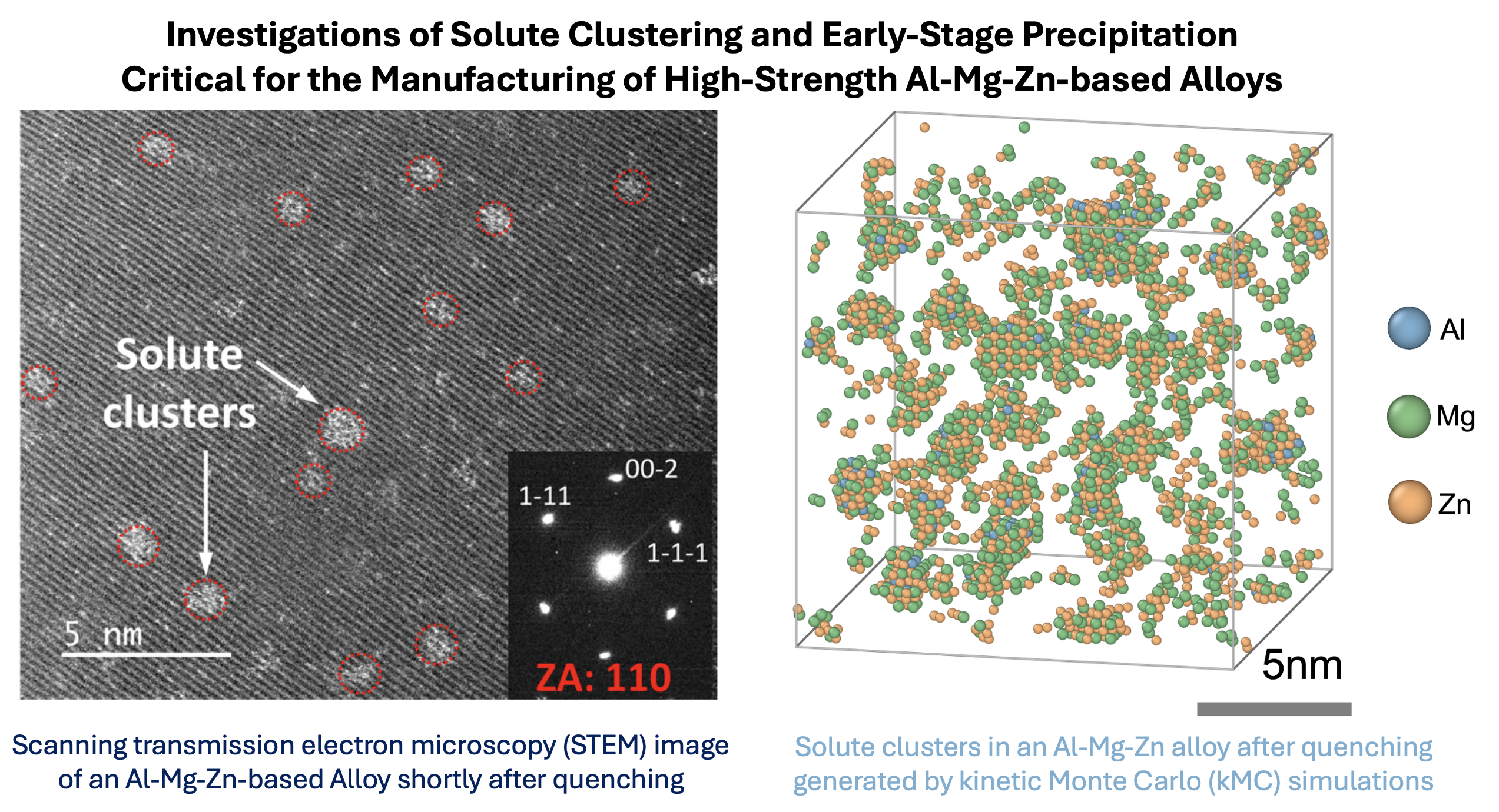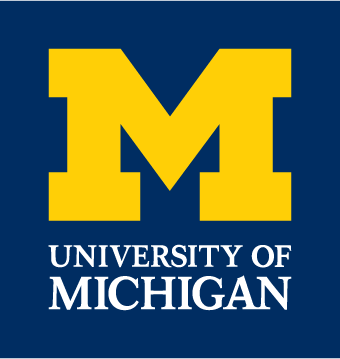Manufacturing of Low-cost Titanium Alloys by Tuning Highly-indexed Deformation Twinning
This project aims to advance cost-effective room-temperature manufacturing of titanium (Ti) alloys by a novel alloy design and processing strategy. In this strategy, body-centered cubic (bcc) beta phase Ti alloys are stabilized at room temperature using low-cost elements after casting and homogenization processes. Furthermore, room-temperature ductility and workability of these alloys in the subsequent cold deformation process are improved by activating sufficient highly-indexed deformation twinning modes in the beta phase utilizing coupled twinning-induced plasticity (TWIP) and transformation-induced plasticity (TRIP) mechanisms. Two specific approaches, involving the integration of experiments, simulation, and machine learning, are followed. The first approach is to identify and tune the coupling mechanisms between phase transformations and highly-indexed twinning in representative titanium alloys through advanced characterization, crystallography models, and atomistic simulations. The second approach is to manipulate and investigate alloying effects on twinning and room-temperature workability of these alloys by iterative feedback between the machine learning models, informed by first-principles calculations, and high-throughput fabrication and mechanical testing experiments. These results guide the discovery of beta phase-stabilized titanium alloys containing low-cost alloying elements and attain high room-temperature workability. This project is conducted in collaboration with Prof. Yufeng Zheng at University of North Texas.

Understanding Nucleation and Growth of Solute Clusters and GP Zones to Facilitate Industrial Fabrication of High-Strength Al Alloys
Nucleation and growth theories of precipitates in solids are key fundamental principles to guide the development and application of advanced age-hardenable structural alloys. For example, high-strength Al-Zn-Mg-based 7000 series alloys have severe formability limitations for automobile manufacturing due to fast precipitate kinetics at room temperature (natural aging), mainly the nucleation and growth of solute clusters and Guinier-Preston (GP) zones that can act as nuclei for subsequent precipitates. Understanding and controlling these nucleation and growth processes can slow down natural aging, which has a significant impact on vehicle mass reduction. In this industry (General Motors)-university (University of Michigan) collaborative GOALI project, our group and the collaborators plan to apply an integrated theoretical, computational, experimental and machine learning approach to understand and control the nucleation and growth kinetics of solute clusters and GP zones in Al-Zn-Mg-based alloys. This project is conducted in collaboration with Prof. Amit Misra at University of Michigan and Dr. Louis G. Hector Jr at General Motors.


